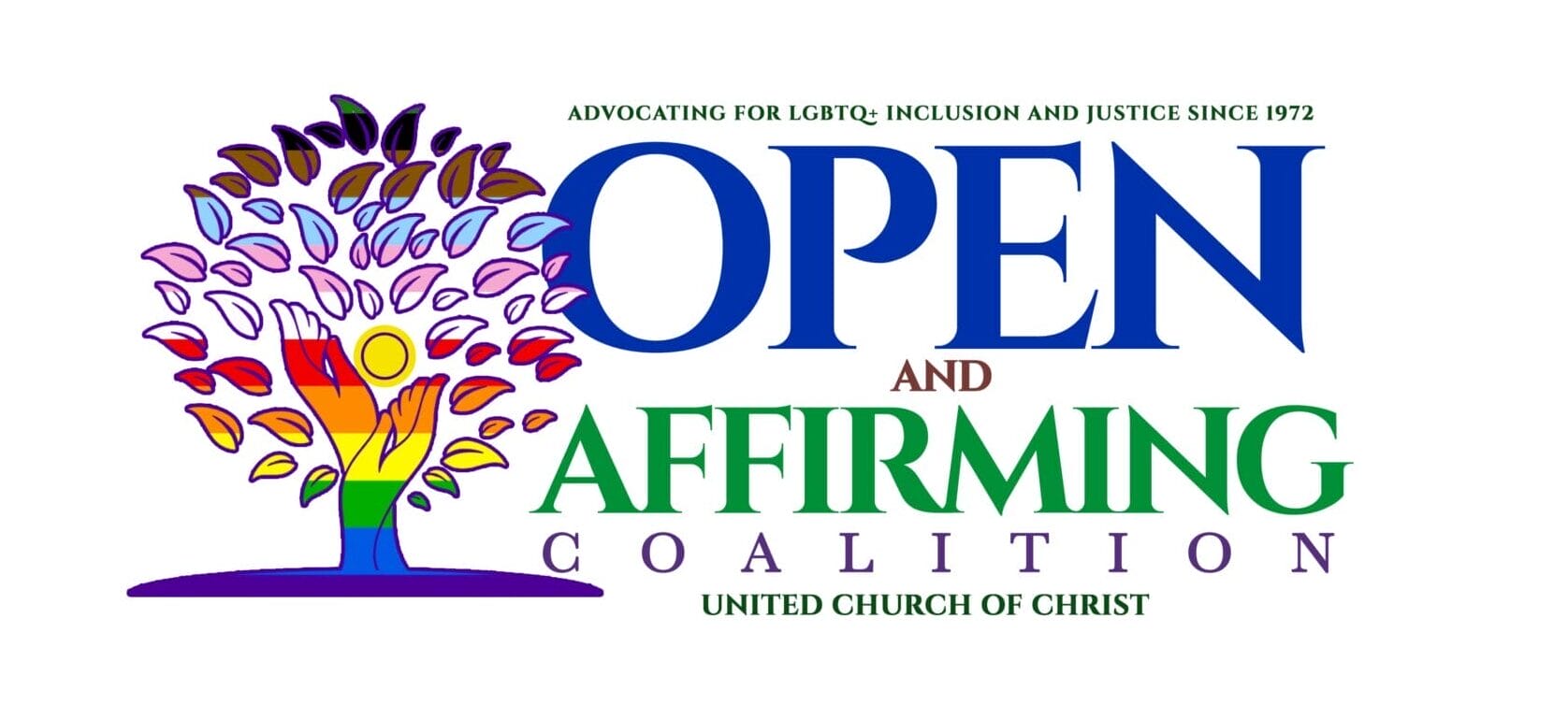LGBTQIA+ people continue to face discrimination
in their personal lives, in the workplace and the public sphere, and in their access to critical health care, says a comprehensive new study from the Center for American Progress.
More than 1 in 3 LGBTQ Americans faced discrimination of some kind in the past year, including more than 3 in 5 transgender Americans.
Discrimination adversely affects the mental and economic well-being of many LGBTQ Americans, including 1 in 2 who report moderate or significant negative psychological impacts.
To avoid the experience of discrimination, more than half of LGBTQ Americans report hiding a personal relationship, and about one-fifth to one-third have altered other aspects of their personal or work lives.
Around 3 in 10 LGBTQ Americans faced difficulties last year accessing necessary medical care due to cost issues, including more than half of transgender Americans.
15 percent of LGBTQ Americans report postponing or avoiding medical treatment due to discrimination, including nearly 3 in 10 transgender individuals.
Transgender individuals faced unique obstacles to accessing health care, including 1 in 3 who had to teach their doctor about transgender individuals in order to receive appropriate care.
LGBTQ Americans have experienced significant mental health issues related to the COVID-19 pandemic.
Obergefell v. Hodges
With a 5-4 decision on June 26, 2015 in the Obergefell V. Hodges case, the Supreme Court legalized marriage equality for LGBTQIA+ consenting adults in every state. But even as we celebrated achieving this goal, the movement that opposes equal protection for all people under the law shifted to a new tactic: laws that will legalize discrimination against LGBT people, claiming “religious exemptions.” Many of these proposed laws unfairly target transgender individuals.
After the Obergefell decision, some people have misused religious freedom as a cover for new proposed forms of discrimination – targeting bathroom access for transgender people; the ability of LGBT couples to use surrogates or adoption to grow their families; stripping lifesaving rights regarding access to medical care from LGBT people, allowing doctors, therapists, even school counselors to deny care; and more.
While the language is not always the same, the laws (often called “Religious Freedom Restoration Acts”) also propose things like allowing the owners of private businesses, including restaurants, to refuse service to LGBT customers, including same-sex couples; landlords to refuse to lease apartments or homes to LGBT tenants, including same-sex couples; allow public employees—for example, county clerks and probate judges—to refuse to issue marriage licenses even after the Obergefell decision; and allow public charter schools, as well as private and parochial schools, to refuse admission to students based on their own gender or sexuality or the sexuality or gender of the student’s parents, and still receive funding from the United States Department of Education.
The Coalition and the United Church of Christ value religious freedom.
It’s one cornerstone of constitutional liberty in the United States.
But another cornerstone of our liberty is the principle of “equal protection under the law.” The right not to be refused service in government offices and private businesses is one that should apply to all Americans equally. So is the right to rent or own a home regardless of race, ethnic origin, sexual orientation, and gender or gender identity.
Marriage equality and laws that protect the equal rights of LGBT citizens are based on a core value of American society: that everyone should be treated equally and fairly.
Over the past few years, the make-up of the Supreme Court has changed. Recent decisions from the Court, like the June 15, 2020 ruling that decided that the 1964 Civil Rights Act extended to LGBT people, are hopeful signs that these SCOTUS shifts will not negatively impact the strides that have already been made in achieving equal rights.. But, it is too soon to know if that trend will continue following the death of Supreme Court Justice Ruther Bader Ginsburg in September, 2020.
Resources
Please use the resources in this section to learn more. If there is an issue affecting same-gender-loving or gender-expansive people that you think should be listed, please contact us.
- HRC State Equality Index Scorecards
- 2015 Faith Toolkit on Religious Refusal Laws from the ACLU
- 2019 Toolkit for Faith Leaders on LGBTQ Equality
- Talking About Nondiscrimination Protections for LGBT People
- Pride at Work Reports on Employment Discrimination
- Municipality Laws and Policies
- LGBTQ housing discrimination
- State-by-state list of equal-rights organizations

